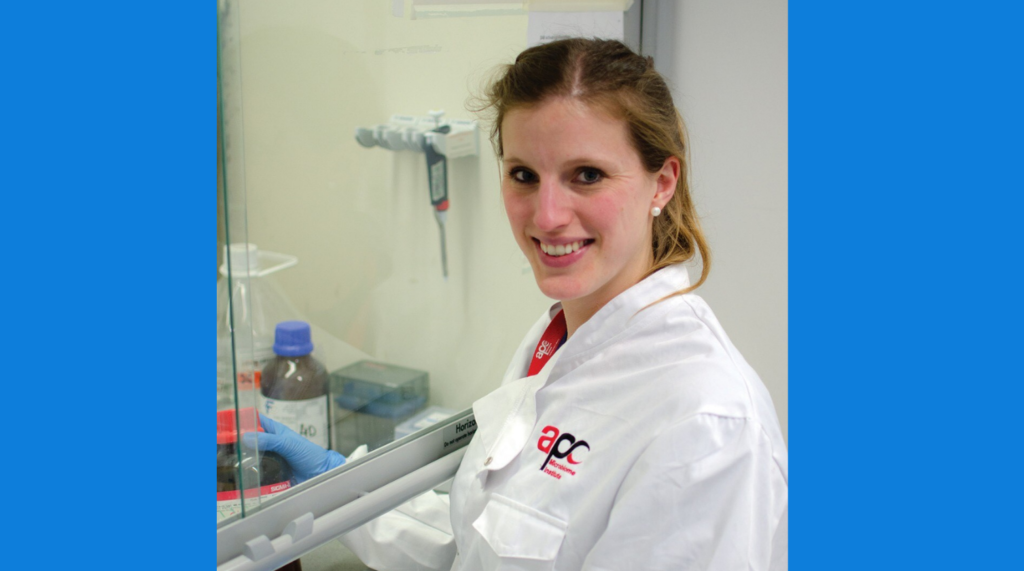Mind your microbes: How eating a healthy diet will keep your microbes and you happy
By Dr. Kirsten Berding Harold

I was always fascinated by nutrition and the way food influences our body. As a former athlete, healthy nutrition always played an important part in my life, ultimately leading me to pursue a degree in nutrition. When I was in University and realized “Hey, there are little bugs in our gut, that also benefit from healthy nutrition – and these bugs are important to our health us too!”, I was hooked and wanted to find out more! Of course, since then I have learned so much more about these “bugs”, for example that they are called the “gut microbiota” and that there are trillions of them in our gut that impact every aspect of our human being.
Research studies have even shown that the gut microbiota can regulate our mood, the way we react to stress and even the way our brain functions (so our memory and attention). Most intriguingly to me was that the types and activity of microbes in our gut can be controlled. How? Well, diet is one of the most important factors in determining which bugs live in our gut. A healthy diet that is diverse and includes a variety of fruit, vegetables, grains, and legumes (so foods rich in fibre, the main nutrient source for our microbes) and low in unhealthy, processed, high fat and sugary foods, can support the microbes that are most beneficial to us. Learning about all this, I wondered if modifications to our diet can foster a microbe community that allowed us to be more resilient to stress, improve our mood and changes the way our brain functions?
..some early results do suggest that following such a diet does not just decrease how stressed the volunteers felt, but also improved their mood.
That is what we set out to study in our recent research. Specifically, we recruited volunteers who to follow a “microbiota-friendly” diet and we measured levels of stress, mood as well as their microbes before and after consuming the diet. Very promising, some early results do suggest that following such a diet does not just decrease how stressed the volunteers felt, but also improved their mood. While the analysis of the biological samples is still ongoing, we anticipate to see an increase in the beneficial bacteria and the products they produce that could perhaps explain some of the improvements in the stress levels. We will also analyse other markers in the blood and saliva and expect to see beneficial changes there.
Diet is important in the treatment of various diseases, specifically those in the gastrointestinal tract or metabolic diseases, such as diabetes. However, whether diet can be used as a therapy in mental diseases is not yet well supported by scientific research. Mental health diseases are becoming more and more prevalent (for example in Ireland, 1 in 10 people are affected by depression), can be a big financial burden to the healthcare system and of course fundamentally impact quality of life of affected people.
So with my research I envision that I can find ways to help people deal with stress and perhaps also pave the way to develop new, easily accessible intervention strategies to boost mental health and reduce the incidence of stress-related conditions such as depression. I feel even more driven to pursue this vision now, during a time of a global pandemic that can be so detrimental not just to our physical but also mental health.
Most intriguingly to me was that the types and activity of microbes in our gut can be controlled.
No related posts.

